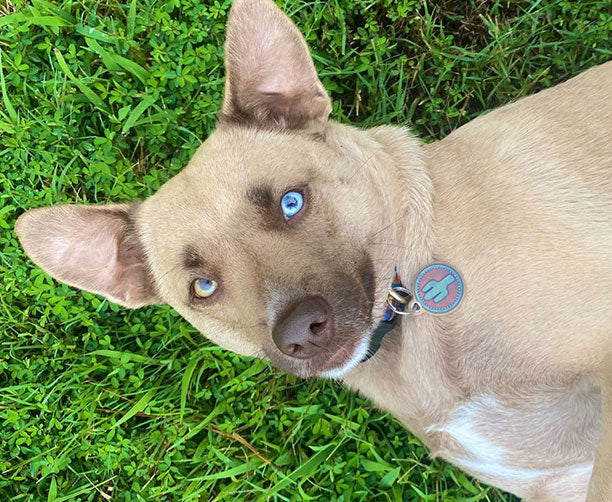One of the fastest growing categories of pet food is natural, raw pet food that’s free of such fillers as wheat and barley. The reason? It’s believed that an increasing percentage of dogs – it could be as much as fifteen percent – are allergic to gluten, found in wheat, barley, and rye, as well as other common dog food ingredients. Some dogs are allergic to chicken, beef, eggs, corn, soy, and milk, all of which may appear in popular off-the-shelf pet foods. A smaller percentage of cats are also allergic to such ingredients.
One of the fastest growing categories of pet food is natural, raw pet food that’s free of such fillers as wheat and barley. The reason? It’s believed that an increasing percentage of dogs – it could be as much as fifteen percent – are allergic to gluten, found in wheat, barley, and rye, as well as other common dog food ingredients. Some dogs are allergic to chicken, beef, eggs, corn, soy, and milk, all of which may appear in popular off-the-shelf pet foods. A smaller percentage of cats are also allergic to such ingredients.
Pets are susceptible to other environmental allergens; they can develop seasonal allergies and have allergic reactions to flea bites, for example. But an allergic reaction to dog and cat food can become chronic and be especially agonizing, because your pet is ingesting the allergen every day.
Food allergies are typically the result of your dog or cat eating the same food over an extended period of time, and allergies can occur suddenly at any time, regardless of the pet’s age.
According to the website Gluten Free Fox, the most common symptoms of food allergy are chronic itching and scratching, chewing of limbs, recurrent ear infections, and gastrointestinal distress, which may include gas, vomiting, or diarrhea.
Gluten Free Fox co-founder Kristen Campbell, who also works with Dog Tag Art, recounts the story of her dog, Waylon, who had a number of these symptoms. With the help of a responsive vet, and by switching to gluten-free pet food and dog treats, Waylon’s symptoms rapidly disappeared.
Interestingly, Kristen learned that even supposedly “gluten free” foods might contain gluten in surprisingly high levels. She used ELISA Tek’s EZ Gluten Test Kits to accurately detect the presence of gluten in foods.
If you suspect that your pet may have food allergies, you should discuss the situation with your veterinarian. Once your vet rules out all other allergies, then you could test a natural, raw diet and see if it is effective.
If you determine that your dog or cat does have a food allergy, consider ordering one of our special allergy-free pet ID tags:
I’m allergic: gluten
I’m allergic: beef
I’m allergic: beef and gluten
I’m allergic: corn
Or you can include allergy and other medical information on the back of our white or black Medical Alert tag.
These special tags are a great way to protect your dog or cat if they get lost, because then the finder won’t feed them the wrong food!












